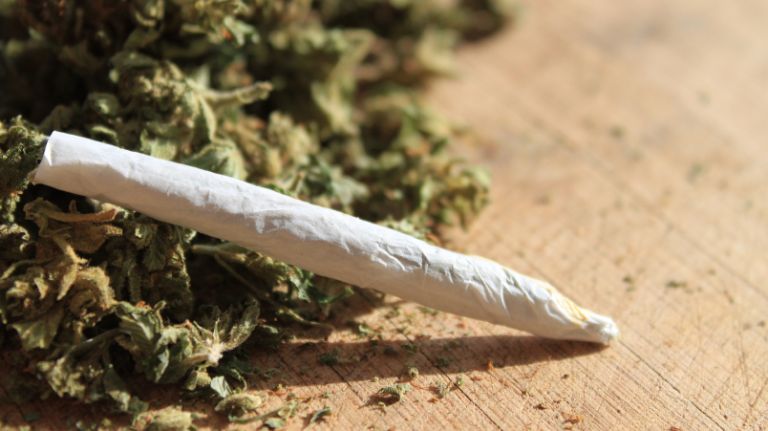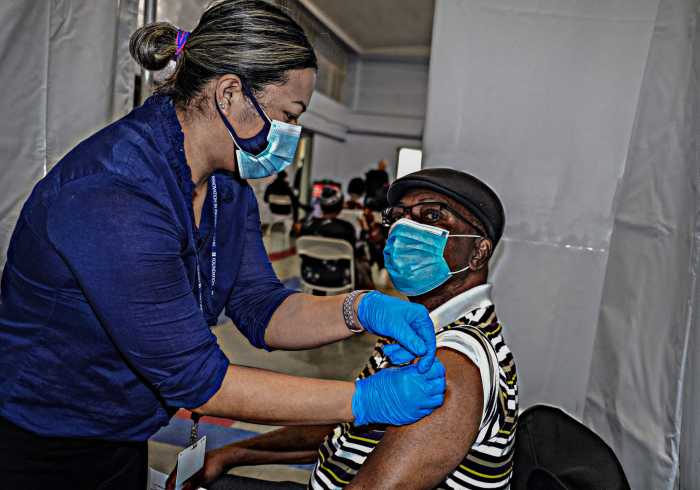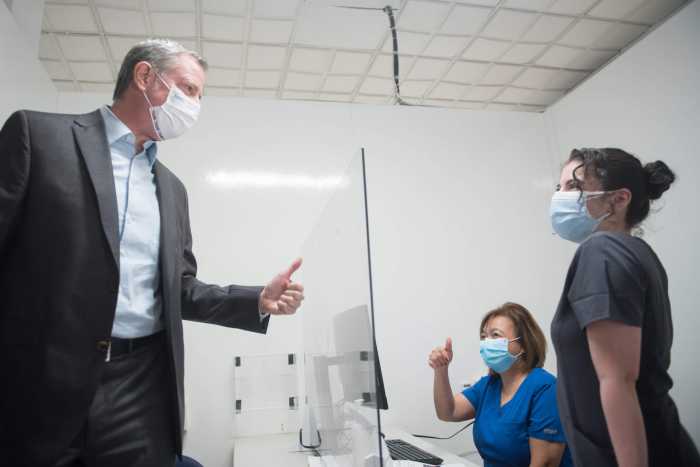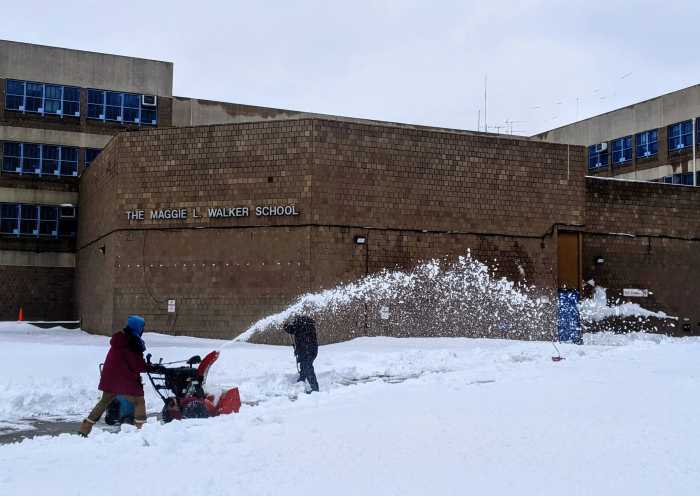Mayor Bill de Blasio commended the state legislature and advocates for last night’s groundbreaking passing of the Marijuana Regulation and Taxation Act, or S.854-A, in his morning briefing on Wednesday.
De Blasio said they “acted to right a wrong” in legalizing weed and worked to include the most impacted communities in the bill.
“Last night the state legislature made history,” said de Blasio. “I want to thank the leadership for being so conscientious over several years. Really studying the issue carefully, focusing on the right way to do things with a particular eye to addressing the mistakes of the past.”
De Blasio said that the city’s report three years ago emphasized a focus on equity and economic recovery for communities of color that suffered from harsh drug laws tied to marijuana. “This legislation goes a long way to achieving that. Also, a focus on ensuring the mistakes of the past, the convictions that held back so many people for very small expenses,” said de Blasio. “Those would be expunged.”
Similarly, Senate Deputy Leader Michael Gianaris said in last night’s statement that he hopes the passage of the law “begins to correct years of injustice in the name of the war on drugs.”
De Blasio said that there is a lot more to be done in the coming years, and wants to make sure the voices of localities are heard.
“The MRTA is historic legislation and its passage is owed to the organizing power and leadership of Black, Latinx, and communities of color in their efforts to end racist policing and drug enforcement,”said Communities United for Police Reform (CPR) Spokesperson Mark Winston Griffith (he/him), which is an organization that has long campaigned to legalize weed.
“The MRTA is a huge victory. If executed properly, this legislation will be a model for the rest of the country in how to center community reinvestment & racial equity, reduce racist excuses for police contact with many New Yorkers of color, and ensure that communities impacted by marijuana enforcement are those who benefit most from re-investments after legalization,” said Griffith.





































